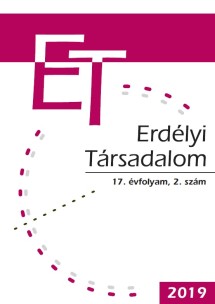Gyermekvállalási szokások vizsgálata szegénységben élő falusi fiatalok körében
Assessment of Family Planning Practices Among Young People Living in Poverty from Rural Areas
Author(s): Éva MolnárSubject(s): Social Sciences
Published by: Presa Universitara Clujeana
Keywords: family formation; child bearing; gender roles; impoverished village;segregation;
Summary/Abstract: Fertility in Hungary has been declining for decades. However, social sciences have long discovered that there are different family-setting strategies in different social groups, so the trends observed on the basis of national data are not uniform. Some analyzes highlight the differences between people with tertiary education and those with primary education when comparing family-starting of people with different levels of education, while others emphasize the importance of the type of settlement and the conditions of the place of residence. The study presents the results of an interview study, it examines young people’s childbearing behavior in an improverished, isolated village.Among the interviewees, the first childbirth are characteristic also at a much younger age than what national tendencies show. Women’s first child was born between the ages of 15 and 20. Men’s first child was born between the ages of 16 and 23. The need for a relationship is typical at an early age, but the time for the desire to become a parent does not begin parallelly. In the vast majority of cases, the first childbirth was not the result of a conscious decision, but due to the lack of information and/ or the inaccessibility of contraceptives prevented family planning.
Journal: Erdélyi Társadalom
- Issue Year: 17/2019
- Issue No: 02
- Page Range: 49-62
- Page Count: 14
- Language: Hungarian

